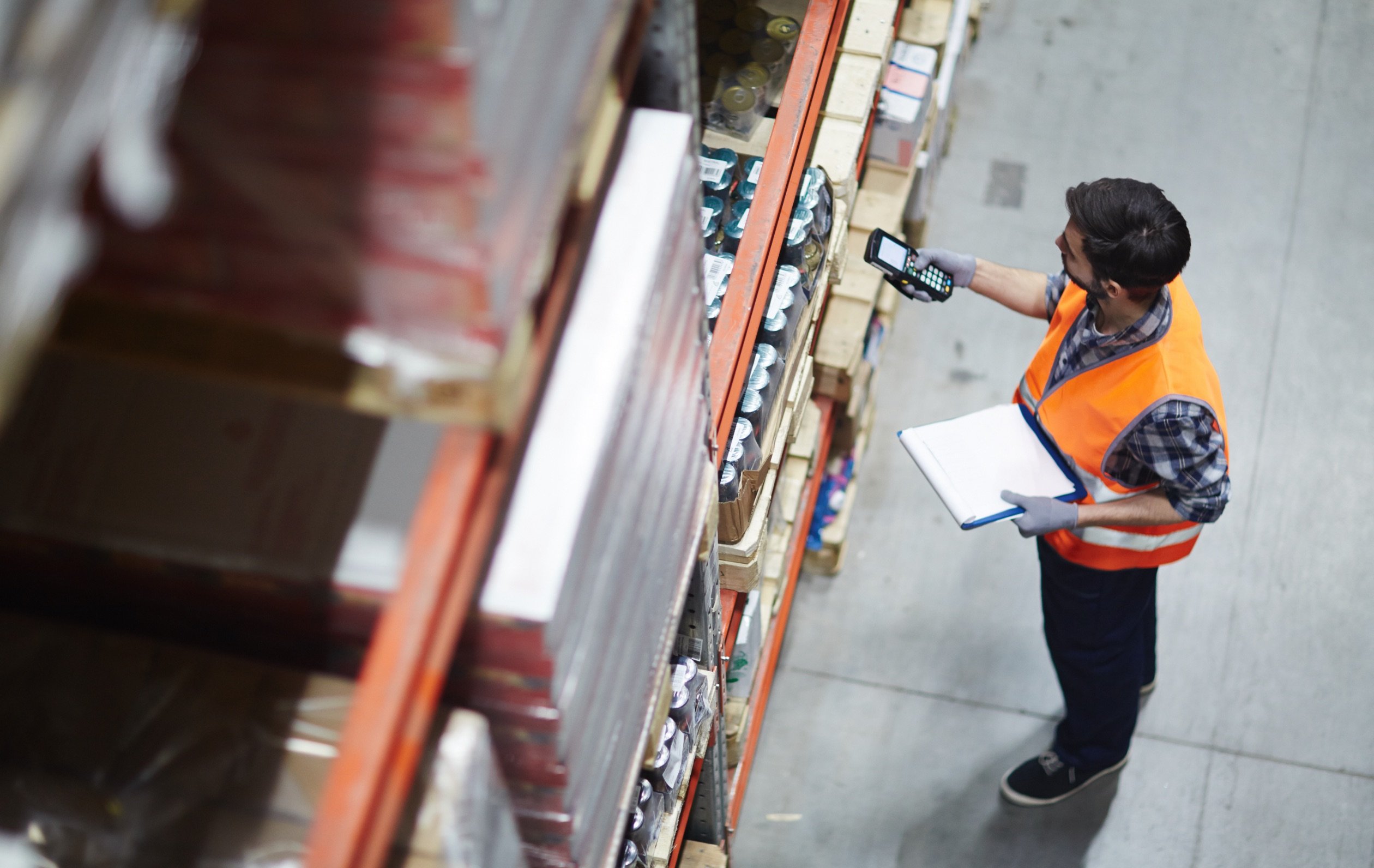By Vanessa Loughty | August 17, 2023

See why top ecommerce brands use Miva’s no-code platform to run
multiple stores, manage massive catalogs, and grow their revenue.
For many forms of ecommerce, rapid delivery is a source of competitive advantage that is very popular with customers, with as many as 42% now expecting 2-day delivery for orders. To stand out even more, many sellers have begun offering ecommerce same day delivery, with Amazon’s significant investments in same day delivery facilities reflecting the rising importance of this type of service. In this blog, we’ll look at the evolving role of same day fulfillment, and recommend ways to expedite fulfillment.
Why do shoppers increasingly expect to see a 2-day shipping offer? In a nutshell: Amazon. The wild popularity of Amazon Prime shipping, with 117 million users signed up for the service in 2023, has trained shoppers to expect expedited delivery options. The phrase “The Amazon Effect” describes the trend of consumers learning from Amazon to expect free and fast shipping.
Same-day logistics can be an irresistible tipping point for a sale. To stand out, many businesses who already try to match or beat competitors’ shipping times may be inclined to explore faster shipping options. This escalation of competing services is leading to the rise of ecommerce same day delivery, with logistics delivery systems continuously being improved to accommodate the demand.
B2B buyers, often tasked with ensuring seamless operations for their own businesses, will see expedited and same- day product delivery as essential criteria when choosing their suppliers. The assurance that a supplier can quickly get orders out the door and delivered quickly can significantly influence B2B purchasing decisions. Clients depend on receiving goods in order to fulfill their customers' orders, so faster shipping times are crucial for avoiding disruption.
Modern B2B buyers also increasingly expect B2C-style experiences, including fulfillment times. As businesses evolve and competitive margins tighten, B2B merchants will continue to seek ways to deliver faster.
Achieving faster delivery, especially same-day delivery, requires a strategic overhaul of the supply chain, various logistical processes, and ecommerce platform integrations. Here are some core techniques for streamlining delivery and increasing fulfillment speed.
If the business is at a scale to support multiple warehouses, consider multiple smaller warehouses spread across strategic locations, as opposed to a few large warehouses. This reduces the distance between the product and the customer. For same-day delivery in cities, urban warehousing ensures that products are available close to the majority of the consumers.
Real-time inventory tracking and visibility ensures that stock levels are adequate, customers are always informed, and re-ordering happens proactively. Then, demand forecasting lets sellers analyze past sales data and trends to predict future demand, ensuring that best-selling products are always available for immediate dispatch. Read more about thoughtful inventory management concepts here.
Integrating systems like order management, inventory management, warehouse management, CRMs, and delivery systems with the ecommerce platform are incredibly helpful for seamless communication and faster processing. Read our ultimate guide to planning ecommerce integrations here.
Hybrid delivery models use a combination of in-house delivery teams and third-party logistics providers (3PLs) to ensure maximum flexibility. 3PLs are also widely employed by ecommerce business to manage supply chains.
Automated sorting in warehouses helps workers more quickly sort and process incoming orders. Batch processing is another expediting technique—if multiple orders are going to a similar location or route, batch them together for faster and more efficient deliveries. Order Management Systems (OMS) can be an important part of effective ecommerce logistics.
Providing real-time tracking for customers allows those buyers to track their deliveries in real-time, reducing the need for them to contact customer service for updates, and lowering resource drag. Self-service support is one way that lean ecommerce businesses can reduce resource needs.
The faster your customer moves through the purchase process, the sooner their order can begin processing. Read more about the importance of fast transactions and page loading speed here. A fast and efficient website is actually the first and most important element of expedited and same day shipping.
Expedited delivery directly fosters customer loyalty by meeting the ubiquitous demand for speed and efficiency. Even if same-day shipping isn't feasible, swift fulfillment remains crucial. Faster delivery times lead to more satisfied customers, positioning an ecommerce business ahead of slower competitors. It’s important to begin with a fast ecommerce website and buying process which connects buyers with products quickly and efficiently. Then, by adapting warehouse, inventory, and order processing specifically for speedy delivery using the techniques above, successful ecommerce is off to the races.

Katy Ellquist, Miva’s Digital Marketing Strategist, is an accomplished writer, marketer, and social media analyst who has created sophisticated content campaigns for a broad range of professional clients. She brings to Miva a complex understanding of ecommerce trends and techniques, building upon extensive digital agency experience and a prior role as direct liaison to Miva’s top accounts. Katy is a regular contributor to the Miva blog, covering essential ecommerce topics like design & development strategy, site optimization, and omnichannel selling, with the goal of increasing the actionable knowledgebase of the entire Miva community.
Love it? Share it!
No worries, download the PDF version now and enjoy your reading later...
Download PDF Vanessa Loughty